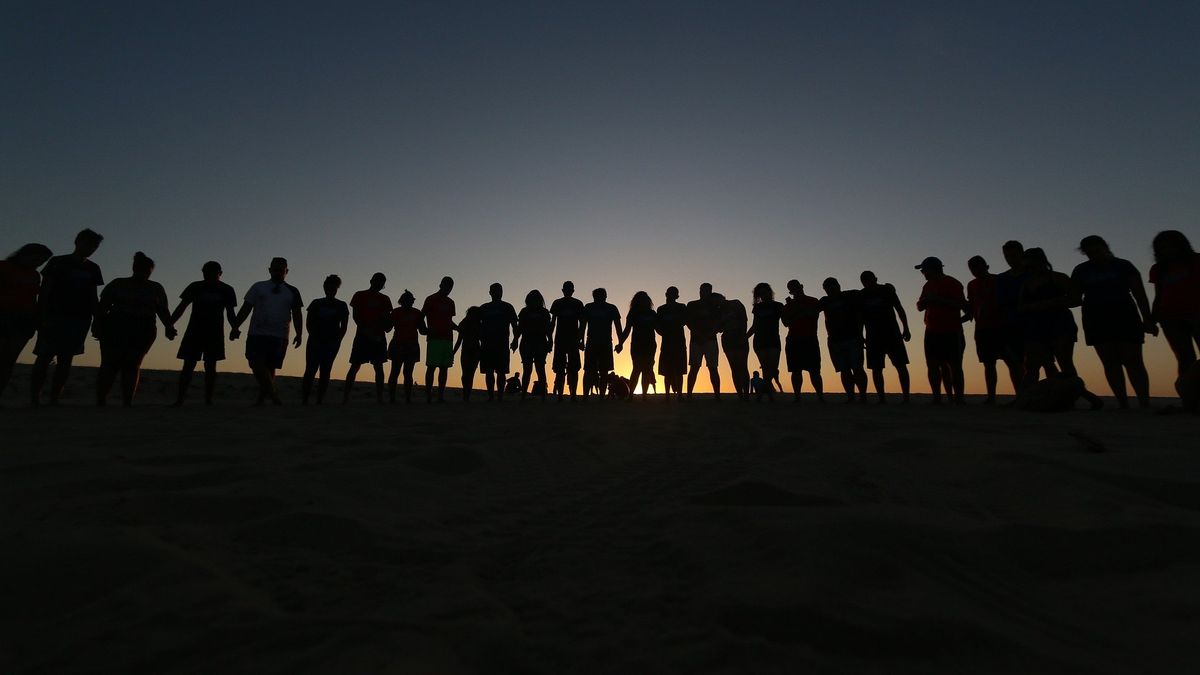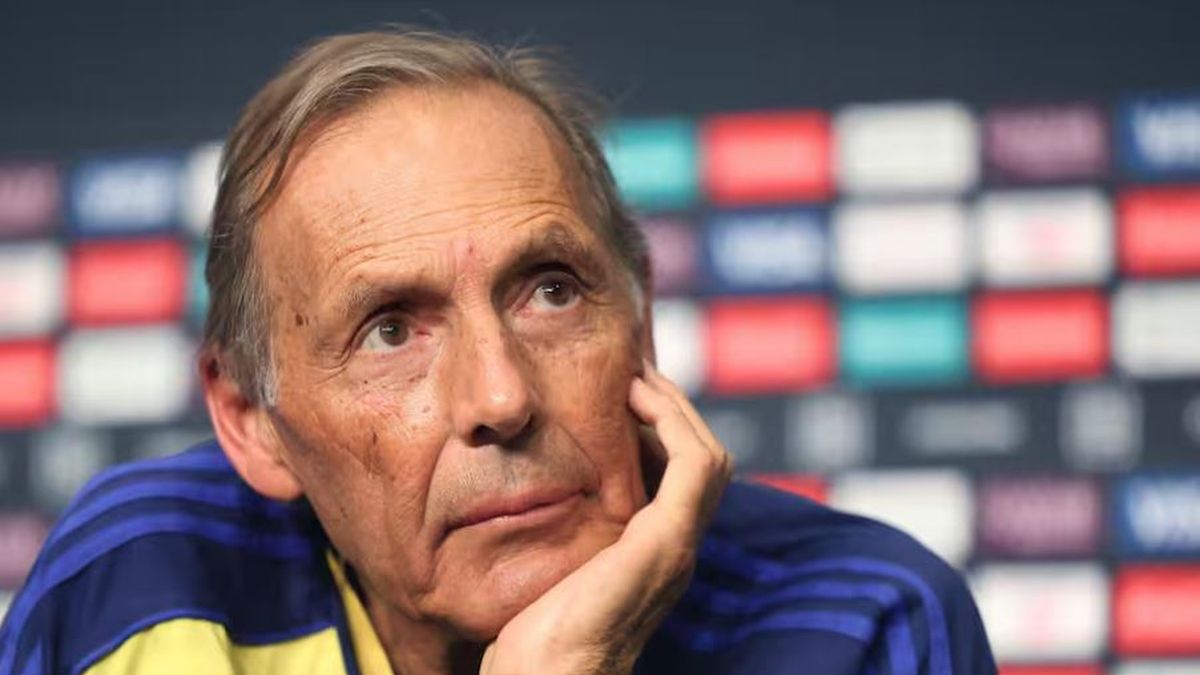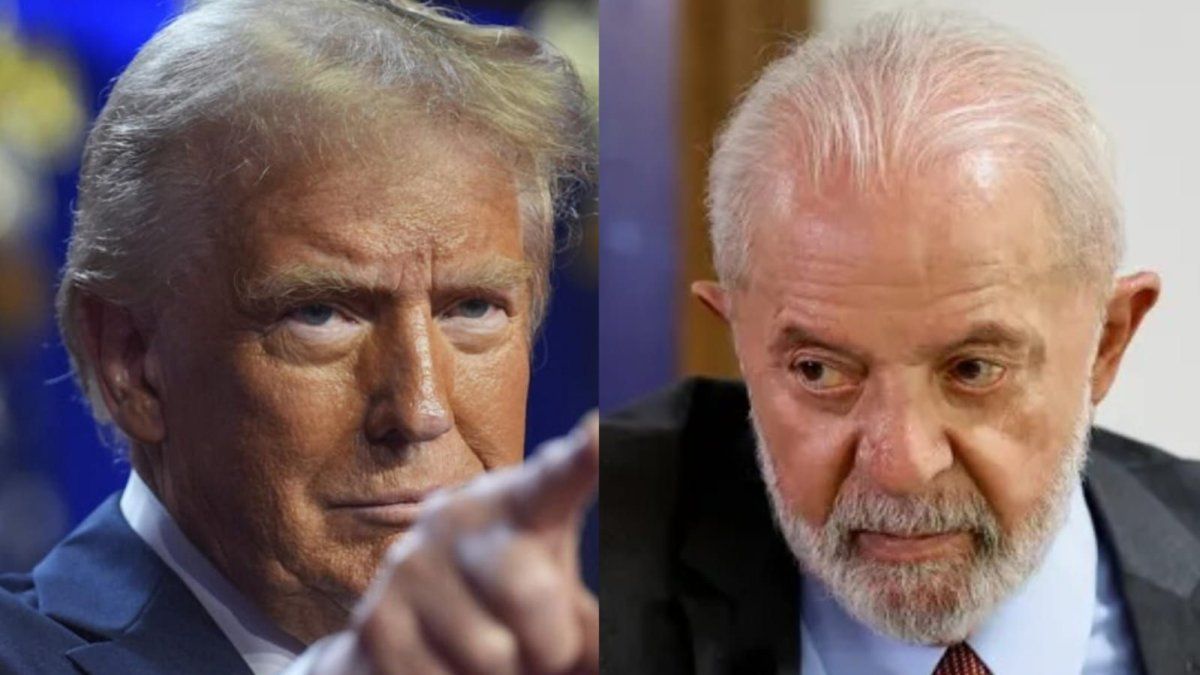Thirty thousand pesos per student, 220 thousand students, 6.6 million pesos. Free? Nothing is free, to illustrate it I will go back to a note that I published in Ámbito almost 5 years ago, in November 2016. In it, in front of the initiative of, at that time, President Mauricio Macri to establish cultural patronage, I questioned it with exactly the same argument. Let’s look at it in detail, it is surely nostalgic for many colleagues in the profession.
Few economics manuals have been republished as many times as the famous Economy, from Paul Samuelson, Nobel Prize winner in 1970 and one of the greatest economists of all time. Its first edition was published in 1948 and has been translated into more than 40 languages. Generations of economists began their studies with him and we remember that example about the production of cannons or butter, which illustrates the need to define what is most important for a certain society at a given time: allocate scarce existing resources to military production or food production, presenting the concept of opportunity cost in a very intuitive way. That is, what we must give up every time we make a decision.
Samuelson’s pedagogical genius has made a simple example written much more than half a century ago persist in our memory and that even today it is useful to explain once again, something that should be so obvious: Nothing is free!
Scarce resources compared to multiple purposes and of different importance. What economist doesn’t remember this sentence? The Government, as the economic manager of public goods and resources, must decide on what and how much to spend in order to maximize the objectives of society, taking into account the existence of limited resources. It is clear that from financing graduate trips, something should necessarily stop financing … or at least that is what a first-year student of any economics degree learns, otherwise higher taxes, higher inflation or more public debt would be the result.
Graduate trips “free” for 220 thousand girls and boys. Let’s look at an example, to understand the absurdity of such an initiative. As Dr. Abel Albino, synonymous in our country of the fight against child malnutrition, points out, “to have an education you have to have a brain. 80% of the brain is formed in the first year of life. It grows one centimeter per month. The formation of the central nervous system is determined in the first two years of life. If during this period the child does not receive the necessary food and stimulation, brain growth will stop and it will not develop normally, affecting his IQ and learning capacity; running the risk of becoming weak-minded. With adequate food and stimulation, the individual will have mental speed, capacity for relationship, for association ”.
Faced with the poverty that plagues our country today, what policy is more inclusive, dedicating a larger budget to face the shame of child malnutrition in a province in which there are thousands of poor kids, or dedicating it to financing graduate trips?
I raise such a politically incorrect topic that it is not even mentioned in the discussion, but it needs to be put on the table. It is not about lack of solidarity with young people who finish high school, after years of a poor quality of life due to the closure of schools, it is about understanding that nothing is free. Understand that a boy or girl who supposedly participates for free in a graduates trip probably prevents a poor child from even entering secondary school, simply because they have not given an alternative use to funds that would have allowed them to improve their diet during their early childhood.
Nothing is free, is it so difficult to understand?
Rector of the University of CEMA and Member of the National Academy of Education




